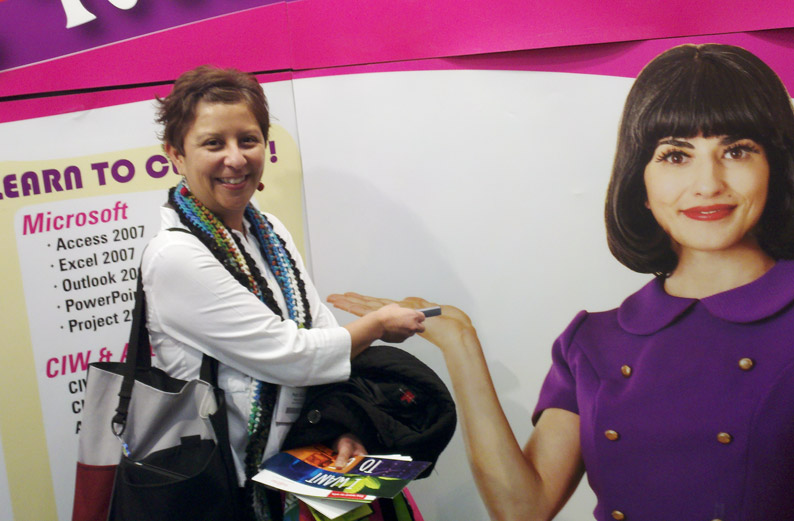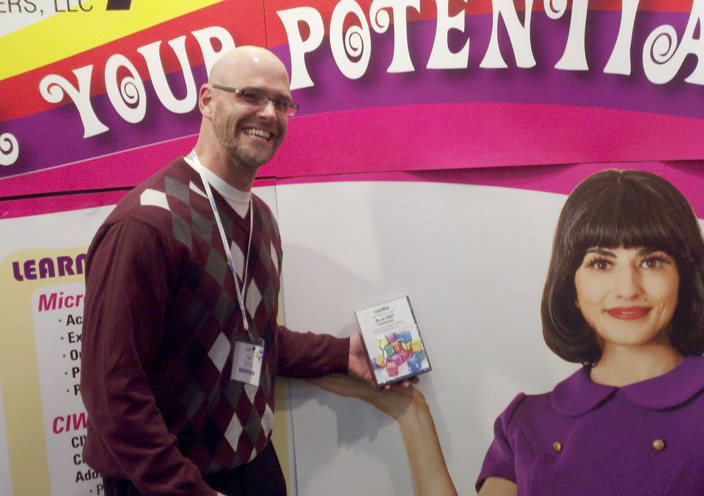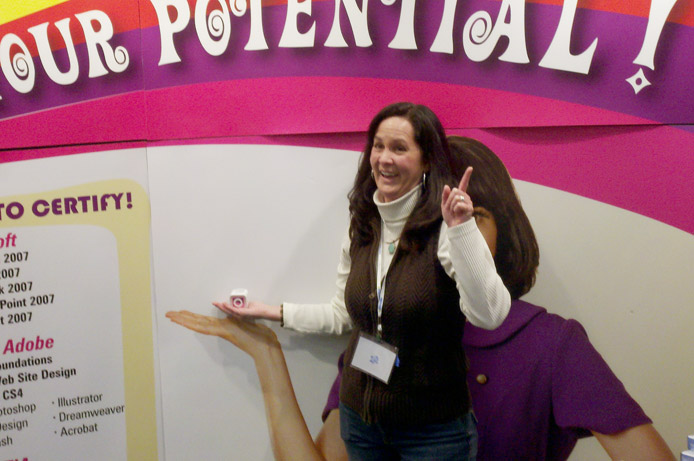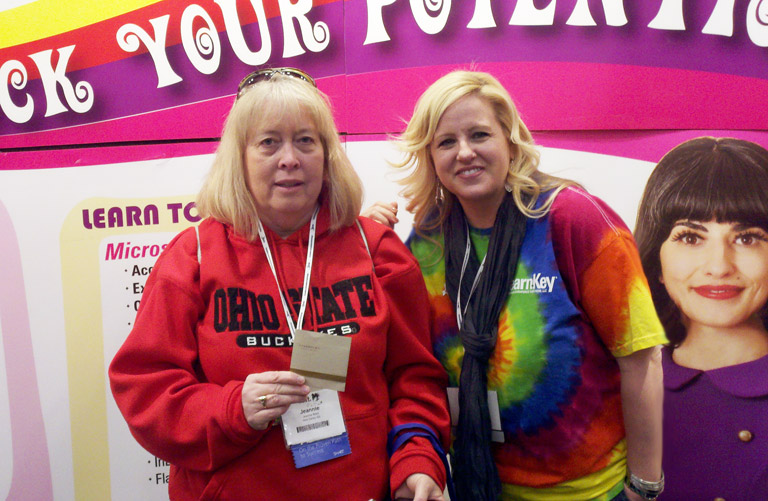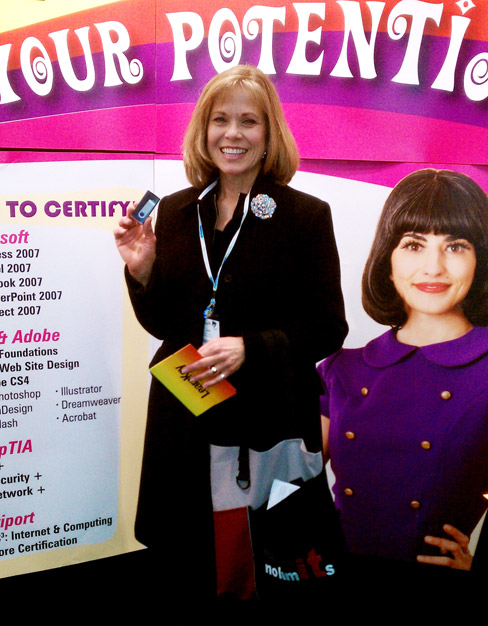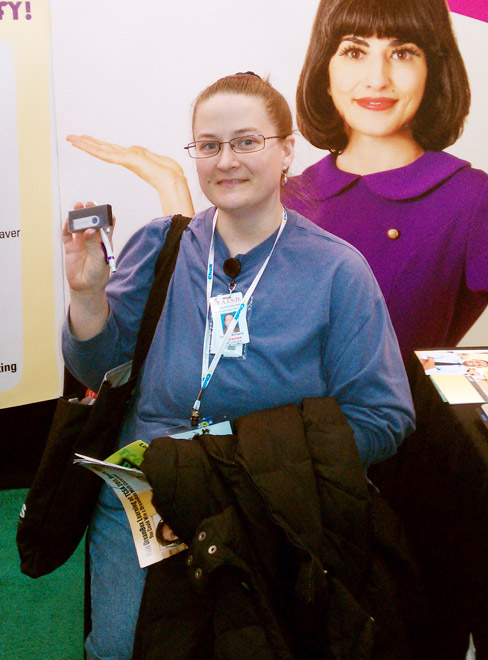
Category: Education
CTE Programs Give Students a Reason to Stay in School
Studies show that in California there was a dropout rate of about 30% in the 2004-2005 school year. In 2007 one study showed that 6.2 million students in the United States between the ages of 16 and 24 dropped out of high school; that is almost 17,000 a day.
It is no surprise that the rate is so high, this has been an ongoing issue and the big question is how do we stop this from happening? This is a problem we should all be taking notice of, because over time this will cost the United States a lot of money in lost revenue.
One thing to consider – the same studies and research in California showed that 84% of Career and Technical Education students enrolled in a sequence of courses graduated; that cuts the dropout rate almost in half!
Why do CTE programs work for high school students? One theory is that these programs are engaging and relevant to students lives. Other ideas are that it gives students with other interests a reason to make it to school. Another added benefit is that these programs help students with job readiness and achieving industry certifications. These programs are also key to producing individuals that are meeting the needs of businesses in technology.
Educators – has your school seen similar results? Does your school have an above-average CTE program, or do you know of a school that does?
Graduates’ Career Interests Miss The Mark For Job Projections
National and State specific data was released in a report from ACT showing that students are not pursuing careers in fields with the highest projected growth. The report showed that there is a gap between what students are interested in and job projections, and also that students are not prepared for coursework required in these fields.
Five highest-growth career fields:
– Education: such as secondary school teachers, secondary school administrators
– Computer/Information Specialties: such as computer programmers, database administrators
– Management: such as hotel/restaurant managers, convention planners
– Community Services: such as social workers, school counselors
– Marketing/Sales: such as insurance agents, buyers
Computer/ Information specialties account for the biggest gap with a 9% difference between job availability and the interest of students.
The question to ask now is, what is causing the gap? Are today’s students getting bored with these subjects? Are they not offered enough options to prepare for these job roles, and merely take a “safer” route?
Individualized Learning
In traditional classrooms there is one teacher teaching 30 or more students at one time. This creates an issue because not all of these students are the same in fact they are all very different in their learning styles and achievement levels. So how do you teach all of them what they need to learn when there is only one teacher?
There are new test programs that are starting at school districts that address this issue by answering the need for individualized learning. This is being done by first assesing students on a regular basis to gauge the level they are on. Then each students has their own schedule to adhere to and follow to meet their own needs.
Our training can be a great option to solve this problem by assessing each individuals strengths and needs. Each training has a pre-assesment to gauge where each student is and allows them to drill down skill gaps and focus on those areas. Our solution also allows students to learn at their own pace, and provides them with materials that meet the needs of any and all learning styles. Self-paced training gives students the opportunity to learn at their own pace, giving teachers the opportunity to help the students who need more one-on-one time. We provide expert-led, video-based training for students who are auditory or visual learners, workbooks are available for those who learn better by completing activities.
For more information about using Learnkey as a solution in your classroom please visit www.learnkey.com/education.
Changing Views of Education
I’ve seen a few animations in the past from the folks at the Royal Society for the encouragement of Arts (RSA), and they were all quite interesting. They take key speeches from their events and create an intricate marker board illustration, animated to follow along with the speech. Reading some of their YouTube comments, you’ll see people saying things like “I wish my teachers did this in school, it would have helped me learn a lot easier!”
We recently came across this video, where Sir Ken Robinson talks about traditional public education, and ways to reform it to do a better job of accommodating all students.
TCEA 2011 – After the Show
We had a blast this year at TCEA and loved meeting everyone who stopped by our booth. We still have blisters on our hands from turning and testing so many keys. We look forward to next year and hope to see Ya’ll then.
There are so many of our friends in Texas that are making a difference in their student’s lives. We could not touch so many lives for the better without all of you!!
We gave away various prizes at the show, including iPods, USB flash drives, gift cards, LearnKey swag, and a Kindle – check out the image gallery below of our winners!
Visit Art Around the World – on Your Computer!
Have you ever wanted to walk the halls of the Palace of Versailles or get a close up view of the real The Starry Night? If you answered yes to either of these questions, you now have the opportunity to do so because of a unique partnership between Google and 17 museums around the world. If you are a teacher this is a great chance to show your students some amazing art from around the world, that they may otherwise never have the chance to see. This would be a great tool to integrate into your history lessons with all of the information provided right there for you.
The Art Project provides viewers with information about the art, artists, museums, viewing notes, and a lot more. You can also walk through and explore the museums that house some of these great art pieces. In addition, you can zoom in on the art piece, giving you an up close view and the ability to examine the brush strokes in high resolution. It also allows you to create your own artwork collection that you can share with friends and family. The best part about it, is that it is free! So if you have some extra time and want to check out some of the best art in the world while lounging in your PJ’s you now have the option to do just that!
Laws Against Bullying Put Pressure on Schools

More than 42 states have laws against bullying and many other states are working on legislature, putting pressure on schools and teachers to address these issues and start programs to prevent bullying. The fact is that the change has to take place at the school level and that starts by educating students.
Bullying is serious and it can lead to a lot of serious problems in schools. Bullying has been attributed as the root of suicides, school shootings, and many other violent actions. There have been a lot of high profile cases lately dealing with bullying in schools and this has also added to the pressure being put on schools to make changes and make them now.
If you are interested in this topic or your school is looking for resources to help stop bullying, LearnKey does have training courses available. If you would like a 5 day free trial of our Bullying: You Don’t Have to Take it Anymore course, just fill out this quick form and we will get you set up within the next couple of weeks.
College for All?
A recent article by Catherine Gewert, Harvard Report Questions Value of ‘College for All’ featured in Education Week discusses a major issue in the American Educational System. In the report that was released by a group of Harvard Scholars, they point out that education is too focused on classroom-based academics with four-year college as a goal. The fear is that this is not serving all students – some have different needs and skills that a traditional education doesn’t cover.
In the report they looked to European systems of vocational education, arguing that we need this in America. This would include providing apprenticeships, internships, and involving employers more. This would also include career counseling from earlier on, and allow students to focus on a particular area of interest. This change is also being called upon because of job forecasts that show there will be a gap between jobs available that require associates degrees or vocational training, and the number of people who acquire training and associates degrees to fill those jobs. Basically, schools will be preparing people for the real world by taking the traditional route, while the real world will have a lack of people who are prepared for the job needs that are available.
I think this change makes complete sense; we all excel at different things, and we don’t all fit into the same box. So to try and force everyone to take the four year college route doesn’t seem logical. I think the way things have been going, we have been neglecting students who might have talents and interests in other areas. What do you think about this proposed change in education? Could we be missing out on educating many students because they don’t fit into the mold? Or is the traditional education system a tried and true method because it works the best?
LearnKey at TCEA 2011
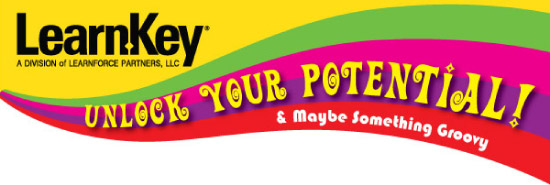
Are you an Educator in Texas? Are you going to the TCEA (Texas Computer Education Association) 2011 Conference? If so, remember to stop by and see us at booth 1555. We’ll be giving away some great prizes, like iPods, flashdrives, and a Kindle – and make sure to talk to one of our tie-dye clad sales reps about implementing LearnKey training in your classroom!
See you in Austin!
Main Goals of the National Educational Technology Plan
Technology has vastly changed our world today and plays a large role in peoples lives, but it still hasn’t impacted education the way it has other areas like business. That might all change within the next four years. Below are the five main goals of the National Educational Technology Plan as outlined by Arne Duncan, U.S. Secretary of Education.
- Using Educational technology to fundamentally change the learning process by making it more engaging and tailored to individual student needs and interests;
- Using ed-tech to develop a new generation of assessments;
- Connecting teachers with their peers and experts so they are always up-to-date on the resources available to them;
- Building infrastructure that lets schools support access to technology in and out of the classroom; and
- Harnessing the power of educational technology to increase school district productivity and student achievement.
What are your opinions of these goals and the plan? Do you think this is realistic with the 2015 deadline that Duncan set? What will it take to accomplish these goals?


